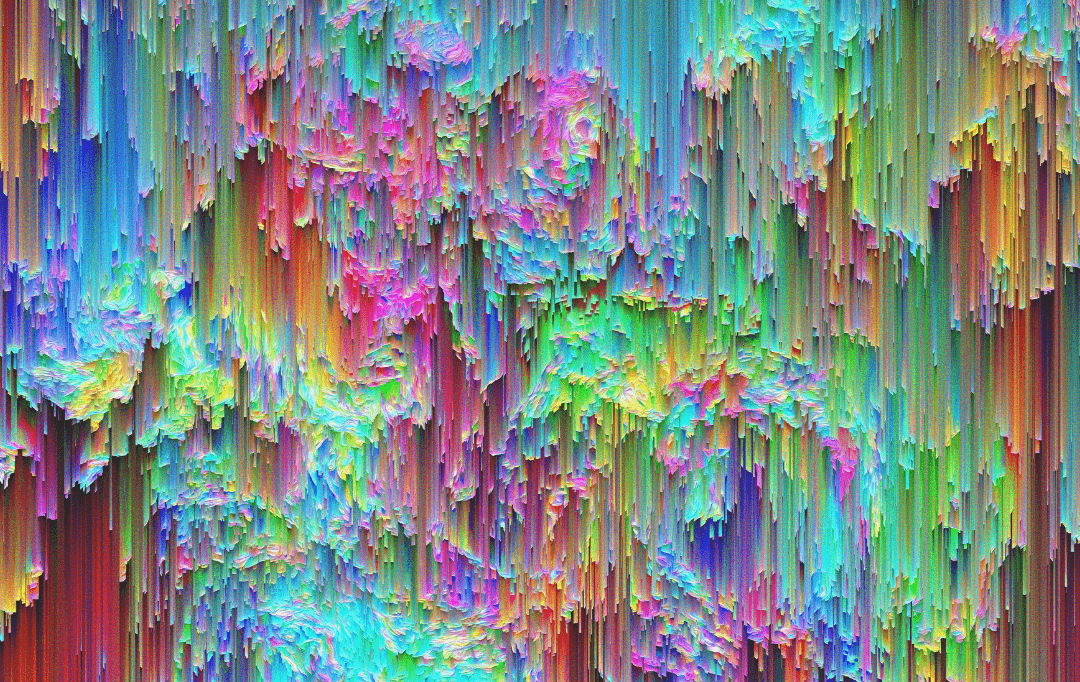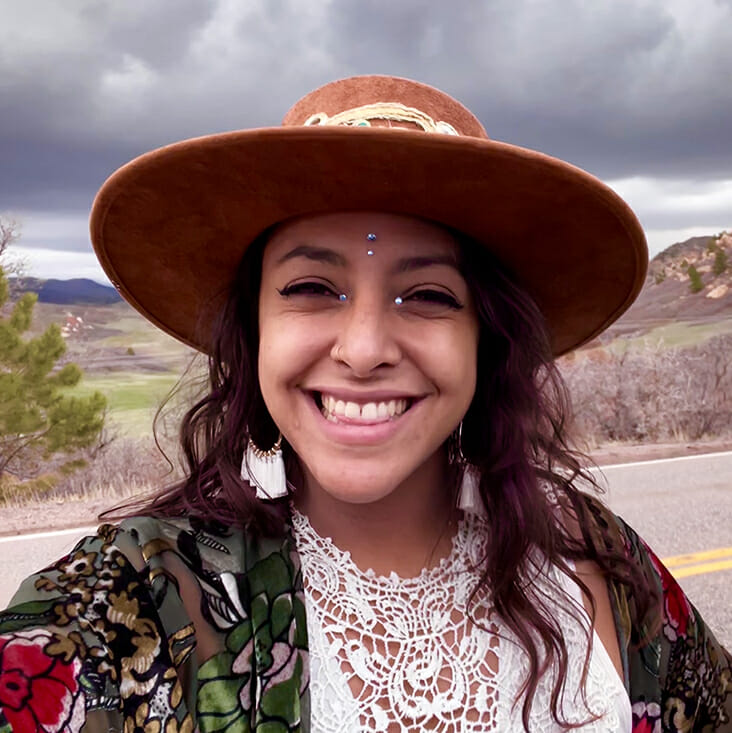Gathering as professionals in psychedelics has taken on new meaning. It’s more – a lot more – than just networking now.
In early December, Horizons: Perspectives on Psychedelics (an annual conference often referred to just as ‘Horizons’) re-emerged from the proverbial ashes of COVID-19; a pandemic that led to the dismantling of social connectivity and a general feeling like we were moving with momentum. With the pandemic came distance: social distance, emotional distance, and psychological distance. We stopped going to work together, we stopped learning together, we stopped moving and growing together. Reconvening at Horizons was therefore much more significant than just attending a regular conference.
Pandemic or not, the Horizons conference already played the role of a psychedelic sandbox where the psychedelic community convenes each year – a place where we get to see how widespread the community really is, and where each conversation is an opportunity to learn from our peers. It is a place where we can learn together, cry together, break bread together, and dance together. It is a place where we can be our most authentic selves, see others, and be seen. And it is a place where difficult conversations are encouraged to be had.
I heard a colleague explain that at other conferences, we are often introducing psychedelics to a new audience that sometimes lacks the capacity to grasp the shadow of psychedelic therapy. Contrarily, Horizons seeks to shed light on our shadow. It seeks to broaden our collective dreams of what is possible in the psychedelic space while learning from our past. By having those difficult conversations in front of 2,000 people, we get to grow collectively – as a community, and as a movement. And this year’s Horizons, more than ever, was an opportunity to rebuild a sense of collective effervescence.
Collective Effervescence
Sociologist Emile Durkheim coined the term “collective effervescence“ as a “shared state of high emotional arousal related to intensification of emotions by social sharing, felt in religious and secular collective rituals, irrespective of their content (joyful feasts or sad funerary rituals), which empowers the individual.” Essentially, collective effervescence occurs when there is a shared sense of engagement with something bigger than the self, warranting a personal sense of empowerment. In developing the Perceived Emotional Synchrony Scale, psychologists Anna Wlodarczyk, Larraitz Zumeta, and their fellow researchers determined that some of the key conditions for collective effervescence to emerge are a “shared attention on one or more symbolic stimuli” and a sense of “intentional coordination or behavioral synchrony among the participants in a given gathering.” Ultimately, they argued that “the relevance of emotional synchronization in collective gatherings [is] conducive to strong forms of social identification, particularly the overlapping of the individual with the collective self.”
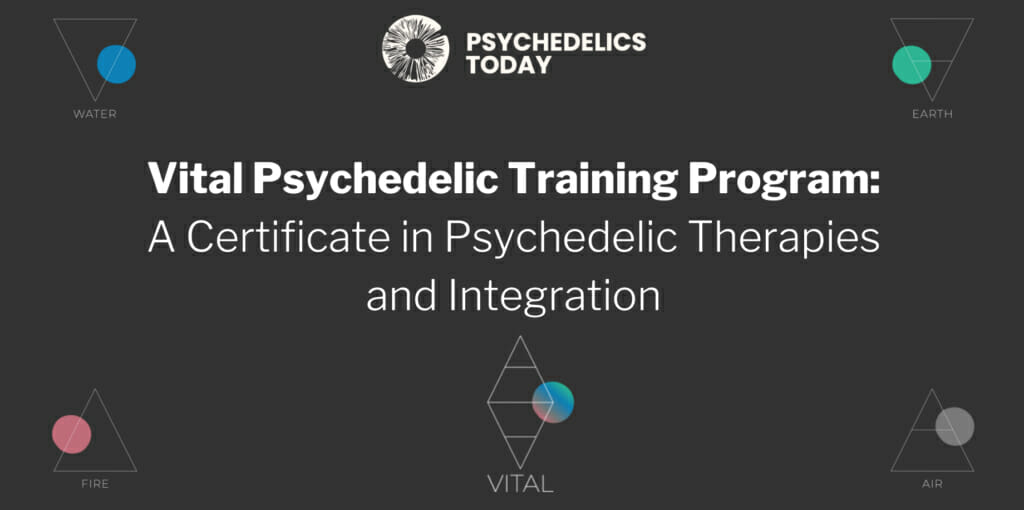
By blurring the lines between the individual and the collective self, Wlodarczyk and her colleagues suggested that a sense of collective effervescence ultimately “pulls humans fully but temporarily into the higher realm of the sacred, where the self disappears and collective interests predominate.” It is no surprise that a conference discussing the ethics and future of the psychedelic movement would incite a collective effervescence so strong that a perceived sense of emotional synchrony may occur, where there is indeed a “co-present other” that becomes closer and closer to a perceived sense of self.
This is how I want to see the psychedelic movement evolving and growing, with the collective interest dominating a sense of self. The uniqueness and radicalness of this movement will only come from our ability to enter into this shared sense of togetherness, and into a “higher realm of the sacred” and not to bypass it. How can we do this?
“Shadow work” is a term those in the psychedelic movement have heard countless times. In psychedelic healing, shadow work is not about eradicating the shadow. Rather, it is about shedding light on it and getting to know it deeply, so that when it shows up, it is not unfamiliar. By working with the shadow, we become better equipped to handle what may come up as a result of trauma. If we do not have a safe space to have these conversations, to be held in our confusion, and to be educated on our blind spots, then how can we move forward? How can we call ourselves a revolution if we are not rethinking the way we engage with our work each and every year?
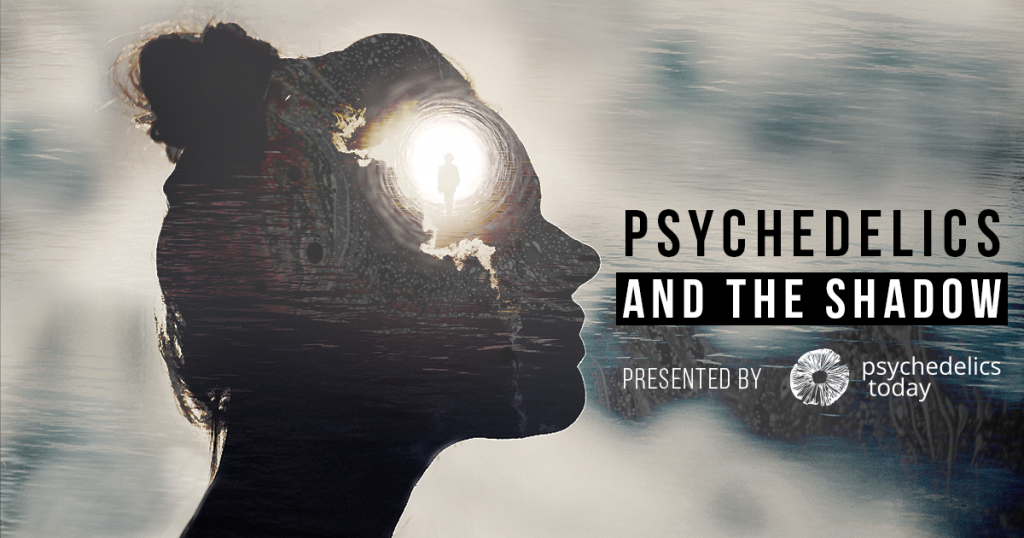
Horizons is a place where we learn about cutting edge research in science and in the clinic, new models for approaching business, and cultural matters. But more importantly, it’s an opportunity to converge as a community and reflect on the previous year together, shedding light on our blind spots and engaging in shadow work to build a sense of collective effervescence and a unified goal. While there were many great presentations this year, three in particular really encapsulated all of this.
Doing the Work with Laura Mae Northrup
Without a doubt, the most impactful talk of the weekend for me was from marriage and family therapist, Laura Mae Northrup, who, in light of recent events, spoke about sexual misconduct in the psychedelic space. Shivers ran down my spine as she powerfully proclaimed these words into the microphone: “Mental health clinicians self-report engaging in sexual violations with their clients at rates of 7-12%. We don’t have data on corresponding rates of psychedelic therapies, but we have no reason to believe it would be any less than our non-psychedelic counterparts.” She spoke with conviction, with grace, and emotion. She had us all in tears, reflecting on the very real fact that the clinicians who are at a higher rate of sexually abusing their clients are male clinicians who were sexually abused as kids.
Northrup highlighted that we are in a cycle of abuse; that healing trauma is painful, and without doing so effectively, we will continue to cause harm to others. She did not name names, and she did not stand on that stage building a pedestal for herself (regardless of how compelling it seemed, as she noted). Instead, she served her community and said what needed to be said. If there was one takeaway from her powerful talk, it was that “we need to heal ourselves.” She took what was frantically scrambling around everyone’s minds and hearts, and put it into powerful and sensical words. She made it make sense.
Tears continued to flow down my face as Horizons founder Kevin Balktick approached the podium, applauding Northrup for the outstanding courage it took for her to get on that stage and speak from her heart. He then declared that sexual abuse and misconduct should not be a “women’s issue”; that it always has, and certainly should be, a men’s issue as well.

Eradicating the Promise of a “Miracle Cure” with Juliana Mulligan
The second presentation that captivated my attention was from ibogaine treatment specialist, Juliana Mulligan, who spoke of her experience of being sent to jail for using heroin, being thrown on the streets in the middle of Bogota, Colombia, and finally seeking refuge in what she was told was a miracle “cure” for opioid dependence. She then shared her own horrifying journey of getting off of opioids by going to an ibogaine center that did not have the proper protocols in place.
She brought about gasps in the crowd when she told us that the clinic did not have a heart monitor and that they gave her twice the safe dose of ibogaine – certainly enough to kill anyone, she clarified. When the clinic noticed her abnormal EKG readings and decided to seek professional and medical help, she was refused by three hospitals largely due to a lack of understanding on how to handle her situation, being overwhelmed with patients, and not believing that someone her age could be having a heart problem. Finally, when the fourth hospital almost turned her away, she had her first of six cardiac arrests due to her high dose of ibogaine. She explained that she remembers very little about her experience on ibogaine, but that she woke up with a tiny fraction of the usual opioid withdrawal symptoms, the feeling of a huge weight lifted from the guilt and shame of years of substance use, and a newfound clarity around her life’s mission.
Despite her experience at this ibogaine clinic, Mulligan has not turned her back on the promise of ibogaine in treating opioid dependence. In fact, she has dedicated part of her career to ensuring that people are equipped with the tools and knowledge on how to choose an ethical and effective ibogaine clinic – something she realized was necessary due to the many vulnerable people who don’t know what to look for when choosing an ibogaine clinic. Often, people do not take the time to learn about the proper protocols needed to provide this treatment, with many acting out of desperation in an attempt to “fix” their issues as quickly as possible. Her main point was to remind us of the dangers of selling ibogaine as a “miracle cure,” and how damaging it can be for people to have the idea that Ibogaine will fix their issues overnight.
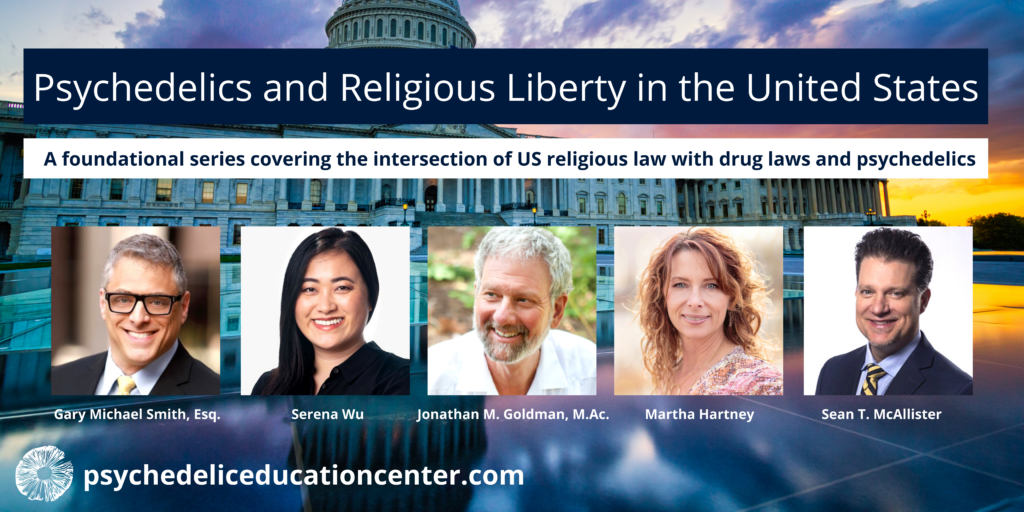
Speaking Softly in Recollection with William Leonard Pickard
Finally, ex-convict William Leonard Pickard held us all in a state of awe as he eloquently and captivatingly shared his story of spending 21 years in prison for allegedly producing 90% of the United States’ supply of LSD. He spoke softly, and took long pauses between his sentences, his descriptive tone allowing me to truly visualize the scene where a CIA agent pointed a rifle at his forehead while uttering, “I’m going to blow your brains out.” He told us about the violence that occurred in prison, and how he became desensitized to fights and killings while he would quietly sit and eat his lunch. He showed us photos of a prison cell, and told us about how he fell in love with American Literature, and that without that – coupled with deep meditation, he may have not survived.
Pickard reminded us all why we were sitting in that room and why we need to change the way psychedelics have been viewed since the 1970s. The majority of the people in that room are privileged enough to never experience going to jail for psychedelics, and getting a glimpse into that reality reminded us why rewriting the psychedelic script in America is critical.
Composting Emotions into Inspiration
In exploring rituals where collective effervescence is powerful, Wlodarczyk and her team discuss the way in which both positive and negatively valenced rituals ultimately lead to a shared sense of emotion and heightened well-being. Indeed, what truly comes through in these rituals is “the creation of a positive emotional atmosphere in which grief, sadness, anger, and fear are transformed into hope, solidarity, and trust.”
Contextualizing these experiences –sexual misconduct in psychedelic healing, the wrongful advertisement of ibogaine as a miracle cure, and the harsh realities of the drug war and the American justice system – provides our collective community with the opportunity to transform these emotions of grief, sadness, anger, and fear into a shared sense of solidarity. We were provided with the opportunity to compost these moments of disappointment and turn them into something productive, where the unified goal of ethically bringing psychedelics to modern American lives empowers each and every one of us, both on a collective and individual level. This is how we can heal and move forward as a collective movement.
These three presentations are simply a glimpse into the moving stories that were told on that stage. The breadth of content shared allowed us the opportunity to reflect on what the world could look like once we systematically dismantle the war on drugs, and what is effectively involved in doing so: the clinical trials for which researchers have put their careers on the line, the endless volunteer hours that policy makers and lawyers have been putting toward changing legislation, the repairing of relationships with Indigenous communities through the work of the Native American Church and the Religious Freedom Restoration Act, the importance of doing our own work in order to help others heal from their trauma, and the dangers of presenting psychedelics as a magic bullet.
There are many pathways to attain psychedelic healing. Horizons provides a space for the entire range of themes that ought to be considered in bringing psychedelics to the modern world. In order to achieve this goal, we must do so collectively. We must reimagine what it means to be successful, and we can only do this by building a collective sense of self. To do this, we must continue to have these conversations, processing fear and anger into hope and solidarity. If we want to see the psychedelic movement radically change the world we are living in, we must face the music by continuing to have these difficult conversations and seek to elevate collective effervescence.
